Thank you dear subscribers, we are overwhelmed with your response.
Your Turn is a unique section from ThePrint featuring points of view from its subscribers. If you are a subscriber, have a point of view, please send it to us. If not, do subscribe here: https://theprint.in/subscribe/
On 28 January 2021, speaking at the Davos forum, Prime Minister Narendra Modi hailed the role of Indian vaccines in “saving the lives of many citizens of many countries” and promised to continue the campaign at “greater scale and speed”, even as 300 million Indians would get vaccinated within a few months.
In fact, India was generally expected to supply bulk of Covid vaccines to the low and middle income countries (LMIC), which otherwise would not have access to them. India is known for supplying large numbers of paediatric vaccines to UNICEF, often at less-than-a-dollar a dose, and the Serum Institute of India (SII) for being the largest vaccine producer, by volume.
SII signed two agreements in 2020, one for manufacturing one billion doses of the AstraZeneca-Oxford University vaccine, Covishield, and the other for two billion doses of Novavax vaccine, Covovax.
Covax targeted a supply of two billion Covid vaccines in 2021 to LMICs and ordered 200 million doses from SII, with an option to buy another 900 million.
SII for Covidshield and Bharat Biotech for Covaxin, both got emergency approval in January, although the latter had a small capacity. The news was all positive. But just four months later, the vaccine situation is worrisome. Only three per cent Indians have been fully vaccinated and another eight per cent have received a single dose. A little over 200 million doses have been administered.
Adding the 66 million doses that were earlier exported by SII and New Delhi, the contribution of India to the 1.77 billion doses administered globally, is 15 per cent, down from 21 per cent a month ago.
The export of Covid vaccines was summarily stopped end-April, as the second wave engulfed India and vaccines became scarce, resulting in alarm and despondency in many countries.
From promising vaccines to the world, we are now seeking vaccines from other countries. How did it go so wrong?
Govt didn’t do its homework
The only plausible explanation is that the Modi government overestimated India’s capacity to manufacture Covid vaccines. It neither studied the demand and capacities in detail, nor examined the claim that India supplies 60 per cent of global demand of vaccines.
Had it done so, the government would have learnt that India actually supplies 60 per cent of UNICEF requirement and not global demand. It would have understood the difference between paediatric vaccines that India manufactures a lot of, and influenza vaccines — the flu shot — which had no demand in India until Covid and for which India’s capacity was only 17 per cent of the global capacity, according to a 2019 WHO survey. It would have also realised that India needed almost three billion Covid vaccine doses and the world another 12 billion.
Had the government become aware of the ground realities, it would have started planning for vaccine manufacturing in 2020 and not in April 2021. It would have booked available capacities for vaccinating Indians and made efforts to enhance domestic production.
It would not have unconditionally cheered SII, the only one with access to vaccines developed by foreign manufacturers, as it signed on agreements to supply millions of doses to countries around the world. Surely, the government would have persuaded the foreign manufacturers to share technology with other vaccine manufacturers in India.
Restoring credibility to take time, first vaccinate Indians
One could argue that some blame for the overdependence on India should rest with Covax and WHO as well since they knew the country’s capacity limitations. SII was also aware of its own and India’s limitations. Its CEO Adar Poonawalla did say in September 2020 that everyone would be vaccinated only by end of 2024.
However, it wasn’t and isn’t the responsibility of either Covax or WHO or even the SII to vaccinate Indian citizens and maintain India’s credibility in the world. This responsibility solely rests with the central government and Modi. Since it was he who took the credit for India being a saviour to the world at international forums, the blame must also be his.
As things stand today, the credibility of India as a vaccine supplier to the world has been shattered. Though the government has shared a plan to procure more than two billion doses by end 2021, it appears to be an attempt to gain some respite from the flak it has been drawing.
One can only hope that the government will drop its hubris, accept it has erred and make sincere attempts to get vaccines into the arms of all Indians as soon as possible. Gaining back the lost credibility in the world has to wait.
Also read: SubscriberWrites: How media ‘sabotaged’ vaccine rollout and a ‘doomed’ vaccine nationalism
These pieces are being published as they have been received – they have not been edited/fact-checked by ThePrint.

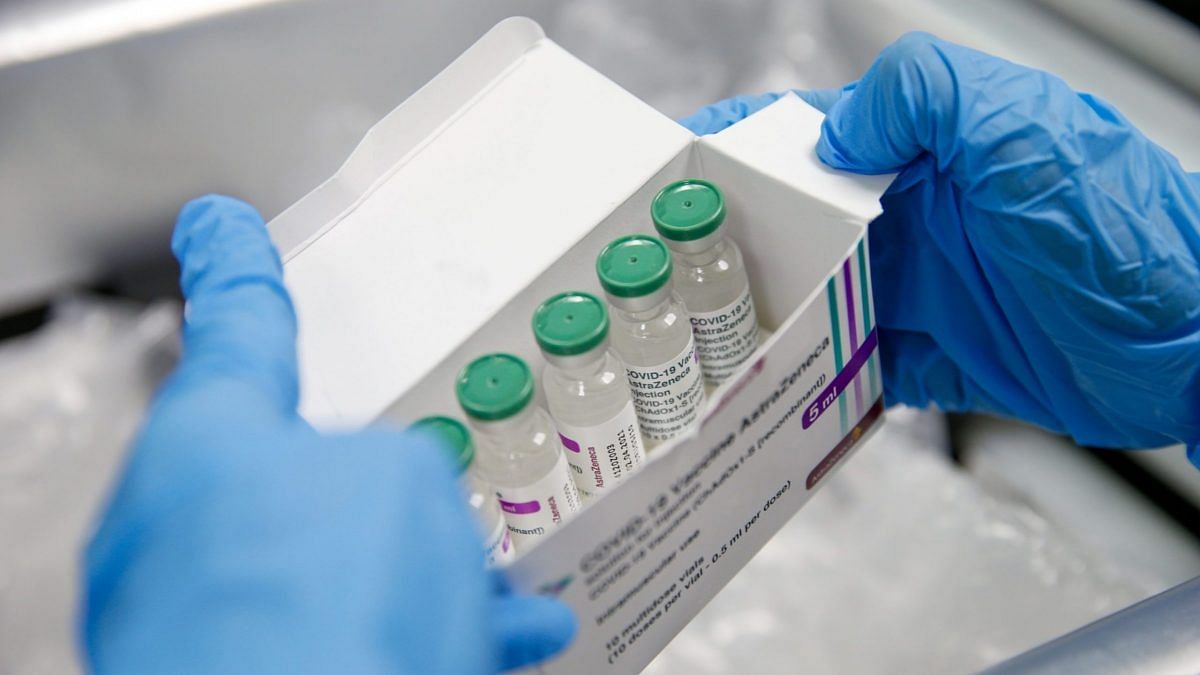
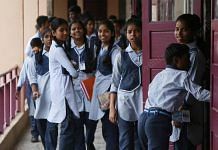

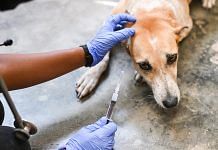

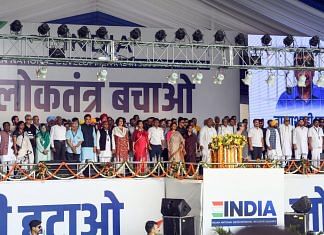




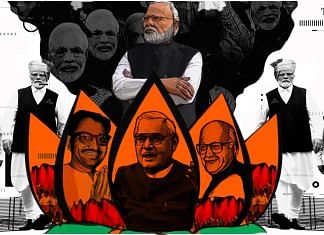
COMMENTS